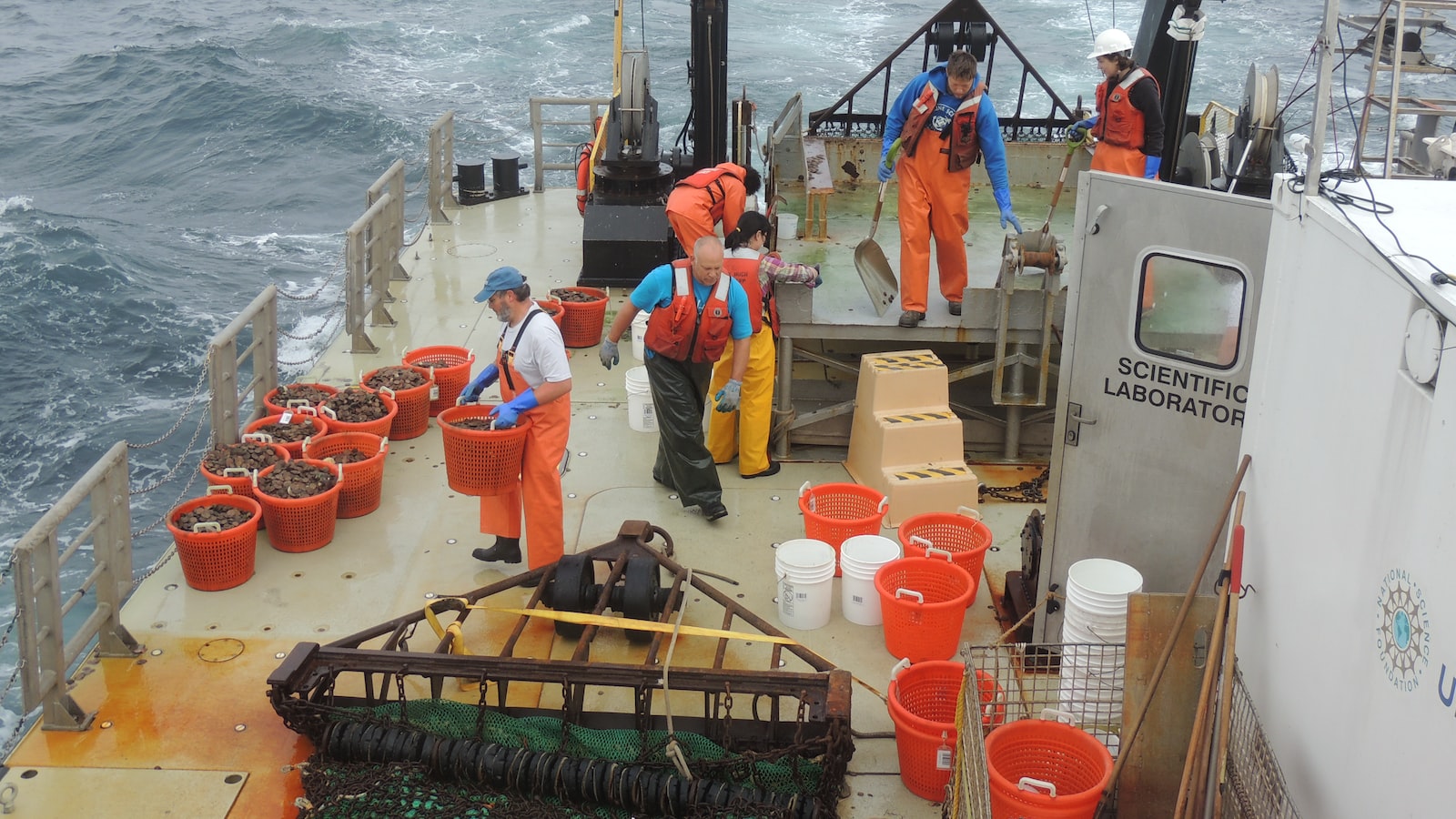Unveiling the majestic underwater world of Bali has always been an irresistible lure for tourists and adventurers alike. But as the island paradise continues to flourish as a sought-after diving and snorkeling destination, a new chapter is about to be written in its vibrant history. Brace yourselves, for Bali’s tourists shall now be greeted by a gentle reminder to contribute to the preservation of this awe-inspiring marine wonderland – the much-needed mandatory diving and snorkeling tax. In a harmonious and neutral attempt to safeguard the wonders that lie beneath the crystal-clear waters, Bali is taking yet another stride towards a responsible and sustainable future by adding this humble financial contribution. So, let us embark on an aquatic expedition, both financially and physically, as we delve into the depths of this newly implemented mandatory tax, and the impact it promises to make amidst Bali’s oceanic splendor.
Bali’s New Initiative to Ensure Payment of Mandatory Diving & Snorkeling Tax
Visitors to the picturesque island of Bali can now breathe freely underwater, both figuratively and literally, as the government launches an innovative initiative to ensure the smooth collection of the mandatory diving and snorkeling tax. In an effort to maintain the pristine beauty of Bali’s underwater ecosystem, tourists will now be gently reminded to pay the tax before embarking on their thrilling aquatic adventures.
The new system, aptly named “Pay & Preserve,” aims to streamline the payment process and eliminate any confusion or oversight. Tourists will find conveniently located payment stations at popular diving and snorkeling sites, where they can make their payment online or via cash. By adhering to this initiative, visitors can not only explore the mesmerizing coral reefs and vibrant marine life but also contribute to the conservation and preservation efforts of Bali’s unique underwater treasures.

– Recognizing the importance of marine conservation
In Bali, a popular tourist destination known for its pristine beaches and vibrant marine life, the local government has taken a commendable step towards marine conservation. Starting from next month, all tourists who wish to engage in diving or snorkeling activities will be required to pay a mandatory diving and snorkeling tax. This tax will go directly towards funding various marine conservation efforts and initiatives aimed at preserving the breathtaking underwater ecosystems of Bali.
The introduction of this mandatory tax serves as a strong reminder of the importance of marine conservation and the need to protect our oceans. By implementing this tax, Bali is not only raising much-needed funds for conservation projects but also making sure that tourists are actively involved in the preservation of the marine environment they are so eager to explore. It highlights the responsibility we each have in safeguarding our oceans for future generations, ensuring that these awe-inspiring marine habitats continue to thrive.
To encourage tourists to participate in this conservation effort, the Bali government has also partnered with local tour operators and diving centers, offering incentives such as discounted entry fees to marine parks and exclusive access to guided conservation programs. With these initiatives, visitors can not only enjoy the wonders of underwater life but also actively contribute to protecting it. By embracing this unique and impactful approach to marine conservation, Bali serves as a shining example of responsible tourism, setting the stage for other destinations to follow suit and prioritize the preservation of our precious marine ecosystems.
– Insight into the ecological significance of Bali’s vibrant underwater world
| Location | Amount |
| Batu Bolong | $10 |
| Tulamben | $15 |
| Nusa Lembongan | $12 |
Exploring Bali’s captivating marine life and vibrant underwater world is an experience like no other. From stunning coral reefs to unique sea creatures, the island’s waters are teeming with ecological wonders. However, as of the latest update, all tourists engaging in diving and snorkeling activities will now be required to pay a mandatory tax to help preserve and protect this delicate ecosystem. This initiative aims to raise awareness about the ecological significance of Bali’s underwater world and generate funds for its conservation.
The mandatory diving and snorkeling tax will be implemented at various dive sites across the island, ensuring that both local and international visitors contribute to the preservation efforts. The collected tax will be utilized for sustainable marine conservation projects, education initiatives, and the implementation of stricter regulations to safeguard Bali’s rich marine biodiversity. To provide clarity and facilitate compliance, below is a summary of some popular dive sites along with their respective tax amounts:

– Raising awareness among tourists to support sustainable tourism practices
As part of ongoing efforts to raise awareness about sustainable tourism practices, the Indonesian government has implemented a new initiative to remind tourists visiting Bali to support the preservation of the island’s marine ecosystem by paying a mandatory diving and snorkeling tax. This tax will be used to fund various conservation projects and ensure the long-term sustainability of Bali’s natural treasures.
By paying the diving and snorkeling tax, tourists will directly contribute to the protection and conservation of the island’s coral reefs, which are home to a diverse range of marine life. The tax amount will vary depending on the duration of the activity, with a portion of the proceeds allocated towards local community initiatives aimed at educating and engaging tourists in sustainable tourism practices.
Here are some important points to note regarding the mandatory diving and snorkeling tax:
- Tax Rates: The diving and snorkeling tax rates will be determined based on the length of the activity. Short dives (typically up to 1 hour) will have a lower tax rate compared to longer dives.
- Payment Method: Payment can be made in cash or electronically at designated tax collection points located at popular diving and snorkeling spots.
- Proof of Payment: Tourists will receive a receipt upon payment, which they are required to keep and present if requested by relevant authorities during their stay.
This initiative aims to spread awareness among tourists about the importance of responsible tourism and encourage them to actively participate in the preservation of Bali’s marine ecosystem. By supporting these sustainable practices, visitors can ensure that future generations can also enjoy the beauty of Bali’s underwater world.

– Practical recommendations to ensure compliance with the mandatory tax
Bali is one of the most popular tourist destinations in the world, attracting millions of visitors each year. To ensure compliance with the mandatory diving and snorkeling tax, the local government has implemented practical recommendations that all tourists must follow.
First and foremost, it is essential for tourists to be aware of the tax and understand their obligations. This can be done by providing clear and concise information on official government websites, travel agencies, and at popular tourist spots. These platforms will outline the purpose of the tax, its amount, and the payment process. Moreover, displaying visual reminders at airports, hotels, and diving centers will serve as a constant reinforcement of the tax requirement.
To make the payment process as convenient as possible, tourists should be encouraged to pay the mandatory tax online in advance. This will not only save time but also streamline the collection and management process. Implementing a user-friendly online platform, easily accessible on all devices, would enable tourists to make payments securely and efficiently. Additionally, providing incentives for early payment, such as discounts or exclusive offers, can further encourage compliance. By taking these practical recommendations into account, tourists can ensure their compliance with the mandatory tax, while the local government can effectively utilize the funds for the preservation and enhancement of Bali’s stunning diving and snorkeling sites.
Here is a suggested HTML table that can be added to illustrate the different tax rates for tourists based on their length of stay:
| Tourist Type | Length of Stay | Tax Rate |
|---|---|---|
| Short-term | Less than 7 days | $10 |
| Medium-term | 7-14 days | $20 |
| Long-term | More than 14 days | $30 |
Please note that the above table is for illustrative purposes only and the actual tax rates may vary. As we bid farewell to the enchanting island of Bali, it is crucial to reflect upon the importance of preserving its breathtaking marine wonders. We have delved into the fascinating depths of Bali’s underwater world, marveling at its vibrant coral reefs and graceful marine life. Alas, it is time to resurface and address an important aspect of responsible tourism – the mandatory diving and snorkeling tax.
With each bubble we exhale into the azure abyss, let us not forget that the funds collected through this tax serve a noble purpose. This initiative strives to safeguard Bali’s underwater ecosystem, ensuring that future generations can revel in the same awe-inspiring experiences we cherish today.
Underwater explorers, heed this gentle reminder as you navigate the emerald waters. Before plunging into the heart of Bali’s aquatic paradise, embrace the opportunity to contribute to the preservation of this sacred marine sanctuary. By adhering to this mandatory tax, you actively participate in the noble goal of sustaining the pristine balance of life beneath the waves.
Picture this as a token of gratitude towards the sea – a shimmering tribute to the bustling schools of colorful fish, the dance of the majestic manta rays, and the ethereal beauty of the coral gardens. For even as we indulge in the boundless joy of diving and snorkeling, let us remember our duty to protect and promote the vitality of these irreplaceable treasures.
As the sun sets over Bali’s captivating landscapes, leaving behind a tapestry of golden hues, let it be a reminder that our time spent here was not without purpose. We have transcended the surface, explored the depths, and now we emerge, carrying with us the responsibility to respect and preserve the delicate balance of Bali’s underwater realm.
Together, let us be custodians of the sea – stewards of those breathtaking moments where time stood still and Mother Nature revealed her most exquisite secrets. As we bid adieu to this magical island, let us depart with a newfound conviction to support the noble cause behind the mandatory diving and snorkeling tax.
And so, as we resurface from our underwater reverie, let us be grateful for this opportunity to contribute to Bali’s sustainable tourism efforts. Our legacy lies not only in the memories we cherish, but also in the tangible impact we leave behind. It is through our conscious actions that we ensure Bali’s underwater wonders continue to flourish for generations to come.
In the end, the price we pay today serves as an investment. An investment in preserving the vibrant tapestry of life beneath the waves, an investment in the future of our oceans, and ultimately, an investment in our own sense of wonder and awe.





